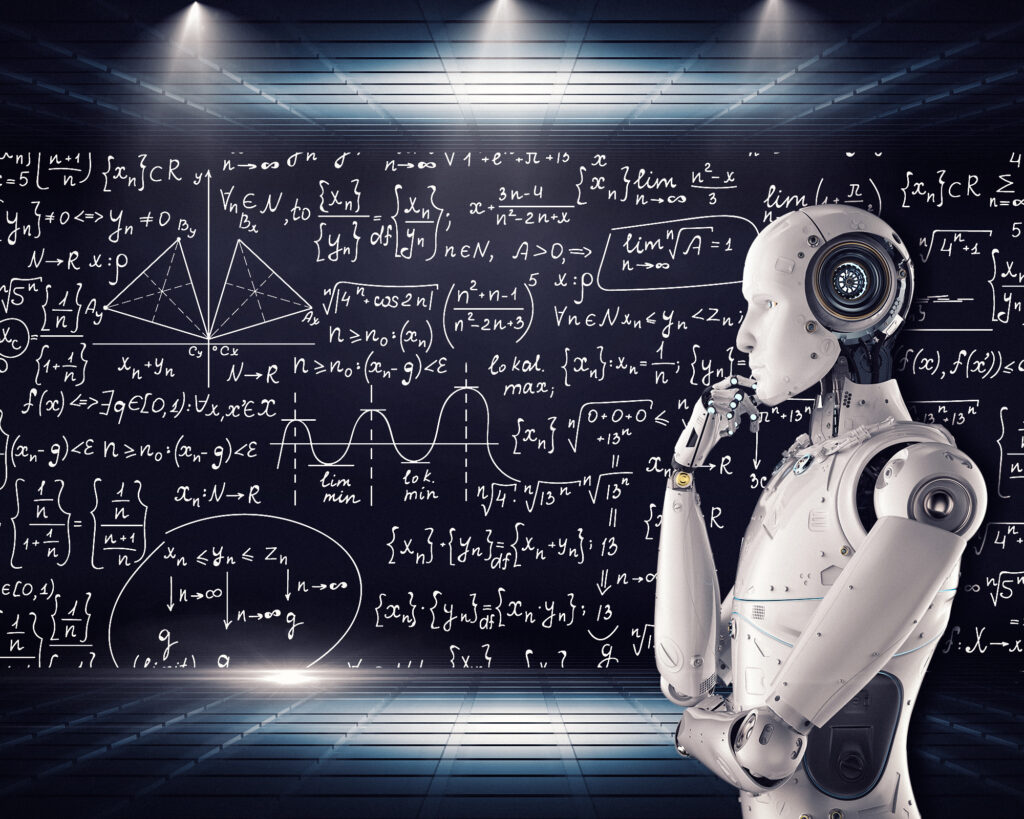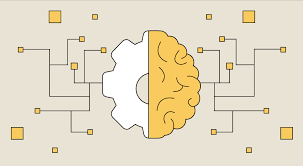Artificial Intelligence (AI) has emerged as a transformative force in healthcare technology, revolutionizing the way medical professionals diagnose, treat, and manage diseases. From improving patient outcomes to streamlining administrative processes, AI is reshaping the healthcare landscape worldwide. Here’s an overview of the current state of AI in healthcare technology around the globe.

1. Diagnosis and Imaging:
AI-powered diagnostic tools are enhancing the accuracy and efficiency of disease detection across various medical specialties. In radiology, AI algorithms analyze medical images such as X-rays, MRIs, and CT scans, helping radiologists detect abnormalities with greater precision and speed. Similarly, AI-driven pathology systems assist pathologists in diagnosing cancer and other diseases from tissue samples, leading to earlier detection and better patient outcomes.
2. Personalized Treatment:
AI is facilitating the delivery of personalized treatment plans tailored to individual patient needs. By analyzing vast amounts of patient data, including genetic information, medical history, and lifestyle factors, AI algorithms can predict disease risk, recommend optimal treatment options, and optimize medication dosages. This approach, known as precision medicine, holds the promise of improving treatment efficacy and reducing adverse reactions.
3. Virtual Health Assistants:
Virtual health assistants powered by AI are transforming patient engagement and care delivery. These intelligent chatbots and voice-enabled applications provide patients with round-the-clock access to healthcare information, symptom assessment, medication reminders, and appointment scheduling. By leveraging natural language processing and machine learning algorithms, virtual health assistants enhance patient satisfaction, promote self-management, and alleviate the burden on healthcare providers.
4. Administrative Efficiency:
AI-driven solutions are streamlining administrative tasks and optimizing healthcare operations. AI-powered predictive analytics tools forecast patient demand, optimize staff schedules, and allocate resources efficiently, reducing wait times and enhancing resource utilization. Additionally, AI-enabled electronic health record (EHR) systems automate documentation, coding, and billing processes, improving accuracy and compliance while reducing administrative burden on healthcare professionals.

5. Drug Discovery and Development:
AI is accelerating the drug discovery and development process, revolutionizing pharmaceutical research and innovation. Machine learning algorithms analyze biological data, identify potential drug targets, and predict the efficacy and safety of new compounds. By expediting candidate selection and optimization, AI-powered drug discovery platforms reduce the time and cost associated with bringing new drugs to market, ultimately benefiting patients worldwide.
Challenges and Considerations:
Despite its transformative potential, the widespread adoption of AI in healthcare technology is not without challenges and considerations. Data privacy and security concerns, regulatory compliance, algorithm bias, and ethical implications are some of the key issues that need to be addressed to ensure the responsible deployment of AI in healthcare. Additionally, there is a need for interdisciplinary collaboration, robust validation frameworks, and ongoing research to maximize the benefits of AI while mitigating risks.
Conclusion:
The current state of AI in healthcare technology is characterized by remarkable advancements and promising opportunities to improve patient care, enhance clinical outcomes, and optimize healthcare delivery worldwide. As AI continues to evolve and integrate into healthcare systems, stakeholders must navigate challenges and leverage best practices to realize the full potential of AI in transforming the future of healthcare.
